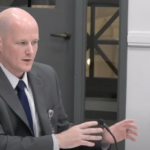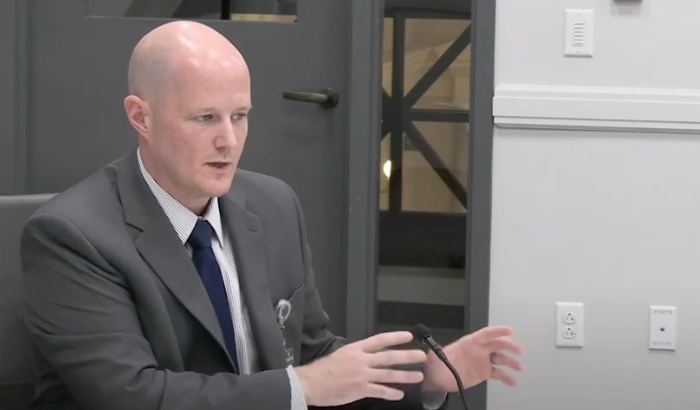
“We need to know the medicinal benefits … Massachusetts could be a global leader on medical efficacy research.”
A state-run Massachusetts center for cannabis research and policy is ready to start fundraising and hiring about a year after the Cannabis Control Commission approved its creation.
The CCC first established its Research Department in 2018 with a mandate to study the impacts of certain policies, such as investigating how taxes on products should be structured or figuring out the best ways to promote social equity among cannabis operators. Since then, the department has grown and evolved and officially became the CCRP after a vote by commission members in 2022.
“It’s been a busy few years,” CCC Chief of Research Julie Johnson said in her department update during the commission’s Nov. 16 meeting. “We have really put our heads down and got a lot of work done these past few years, and I believe that work and its recognition really does speak for itself.”
Johnson added, “We’re hoping that it’s not replacing, but we’re going to add to what we already do as a research department. … We’re kind of organically already kind of created the center; now, it’s more just branding and moving into additional projects.”
Massachusetts is among the pioneering states in legal weed that newer markets, such as New Jersey and Connecticut, often turn to in considering their own laws. But while was the first state in New England and along the whole East Coast to legalize adult-use cannabis, seemingly positioning the Bay State to become a center of cannabis research in part due to its powerful biomedical and other scientific industries, for reasons including the prohibitive federal status of cannabis, Mass has yet to reach its full potential.
Commissioner Kimberley Roy, who is one of two members working directly with the research department to launch the center, stressed the importance of building on the dearth of scientific studies. She has also worked closely with the CCC’s Cannabis Advisory Board (CAB) Research Subcommittee to address these and other intersecting issues.
“We need to know the medicinal benefits of this plant as well as the harms,” Roy said. “Massachusetts could be a global leader on medical efficacy research.”
Johnson noted that the center’s scope goes beyond the science of the plant, and includes studying public safety, the criminal justice system, and barriers that can make it more difficult for some people to enter the market.
“The commission has now published and/or co-authored 12 comprehensive research reports which include both legislative and special topic reports, 20 scientific peer-reviewed manuscripts, one textbook chapter, one subcommittee white paper, as well as presented at 20 scientific conference[s] and another 17 guest lectures,” Johnson said.
Research is often tied to the medical side of cannabis regulation. And when a state legalizes adult-use cannabis, its medical program tends to take an economic hit. This can be a result of tough requirements, producers favoring the adult-use market, or patients simply finding an adult-use shop that’s more convenient for them than their medical store.
Over the past year in Mass, the monthly sales totals for medical cannabis have remained somewhat steady, according to state data, with a small decline that reflects an overall drop in prices across the state. There were $20 million in medical sales in January 2023, when the average price per gram of adult-use flower was $7.11. By October of this year, medical sales were at $17.3 million, while adult-use flower was going for $5.68 per gram.
“In Massachusetts, one of the things that we’ve done really well is maintain our medical program, and now we have objective data to show that,” Johnson said. “We don’t actually know which of the regulations are causing us to have a sustainable program, but it is sustainable, meaning that our patients are getting the products that they need and at a price that they can afford.”
























